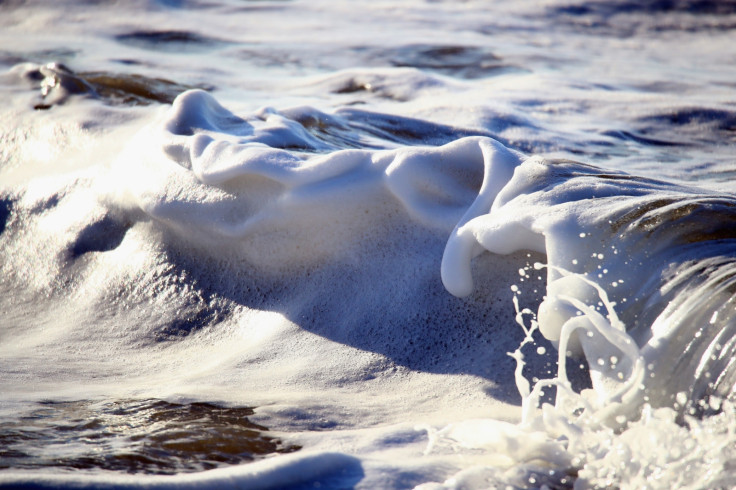Almost 90% of the world's oceans will be hotter and more acidic by 2050
The mitigation efforts promised in the Paris Agreement could buy time for marine life to adapt to changing seas.
We are set to put 86% of the world's oceans under the combined stress of higher temperatures and ocean acidification by 2050.
The individual threats of rising sea temperatures and more acidic oceans are known to change marine life in the oceans. But the combinations of several stressful changes at once could have a much greater effect than the sum of its parts.
Researchers have mapped how these factors will spread and overlap throughout the rest of the century if we carry on with emissions as normal, or if nations stick to their pledges in the Paris Agreement. The results are published in a paper in the journal Nature Communications.
The study looked at combinations of four effects of climate change: increasing acidification, rising temperatures, decreasing oxygen in the oceans and decreasing availability of food. These are already becoming established individually in the oceans. They are also starting to overlap.
Today about 10% of the oceans are under the double pressures of acidification and higher temperatures. This overlap is expected to become much more prevalent in the coming years, extending to more than half of the oceans in the next 15 years, and to 86% by 2050 if countries continue with carbon emissions as usual.
Time to change
However, mitigation of climate change by reducing emissions is expected to put the brakes on this process. Sticking to the Paris Agreement pledges, which will still result in a warming of 2 to 3C over the oceans, would buy time, Stephanie Henson of the UK's National Oceanography Centre told IBTimes UK.
"It doesn't stop the impacts of climate change on the oceans, it just gives an extra 20 years or so for organisms to potentially be able to adapt to changing conditions," Henson said. "If conditions change more slowly, the organisms will have a chance to migrate to regions with more favourable conditions, or undergo adaptation within their populations to adjust."

20 years could make a difference for many marine creatures. However, large marine animals that have a longer lifespan are at a disadvantage compared with smaller animals, as they take much longer to reproduce and to have the chance for genetic adaptation. Animals living near the poles will also have less chance to change by migration, as there is nowhere colder for them to go than where they already are.
But the fine detail of which organisms will survive can't be predicted, Henson said. "We can guess how all of these factors might affect the marine organisms, but what we don't know is how those factors interact, and how they interact across a whole ecosystem," she said.
"We can do experiments on particular organisms in the lab but that doesn't tell us much about how the whole ecosystem is going to respond. We just don't know who's going to win out and who's going to lose."
© Copyright IBTimes 2024. All rights reserved.






















